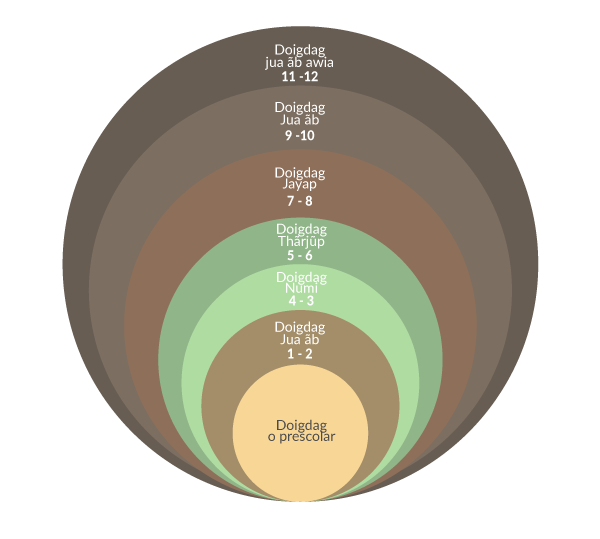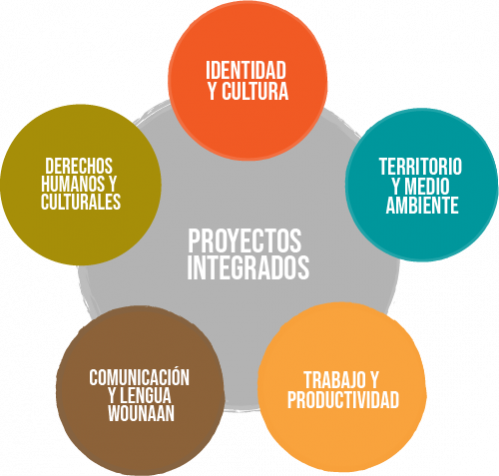Scientists have long already been interested in the methods internet dating changed how we meet and accommodate. A Pew Research Center evaluation of recently revealed study information from Stanford college learned that on line daters will select lovers who are different from them in race or ethnicity, income amount, training or governmental association.
The Stanford study, How partners Meet and remain Together 2017, compiled answers from 3,510 U.S. grownups that are currently married, at this time in a commitment, or who’ve actually previously held it’s place in a relationship. Lovers exactly who came across online had been more likely to date somebody with yet another education amount, political ideology or race/ethnicity than partners whom found offline. The difference between those that met online and offline ended up being especially considerable for governmental celebration and race/ethnicity.
Three in 10 respondents exactly who came across their own companion online reported that their particular lover is actually an alternative competition or ethnicity, when compared to 19 % of participants whom came across their companion traditional. A larger percentage of people who came across their unique spouse on the web in addition stated they don’t really discuss their particular partner’s political thinking (46 per cent vs. 40 %). For all partners with varying governmental views, someone leans to or is affiliated with a particular celebration whilst the additional is actually an unbiased or undecided.
There could be a simple explanation for this occurrence, clarifies Pew Research Center. People of online dating sites services are usually younger compared to those whom meet off-line, and younger individuals are very likely to be in relationships with associates who’re unlike them, regardless how they satisfy. The average age of review participants whom met their own partners online ended up being 36. For off-line partners, the average get older had been 51.
The distinctions between offline daters and online daters mainly vanish after controlling for age. Filter the info set to look just at People in the us according to the age of 40, and you will find almost similar percentage of those just who found their particular spouse online (49percent) and traditional (48per cent) say their own companion determines with yet another political celebration. Comparable percentages (31per cent on line, 27percent traditional) say their unique lover is of a different sort of battle or ethnicity.
The Stanford college information backs up past results from economists Josue Ortega on college of Essex and Philipp Hergovich at University of Vienna. In 2017, Ortega and Hergovich published an article whereby they examined the results of online dating and variety. They figured internet dating might producing more powerful, more content and a lot more diverse marriages.





